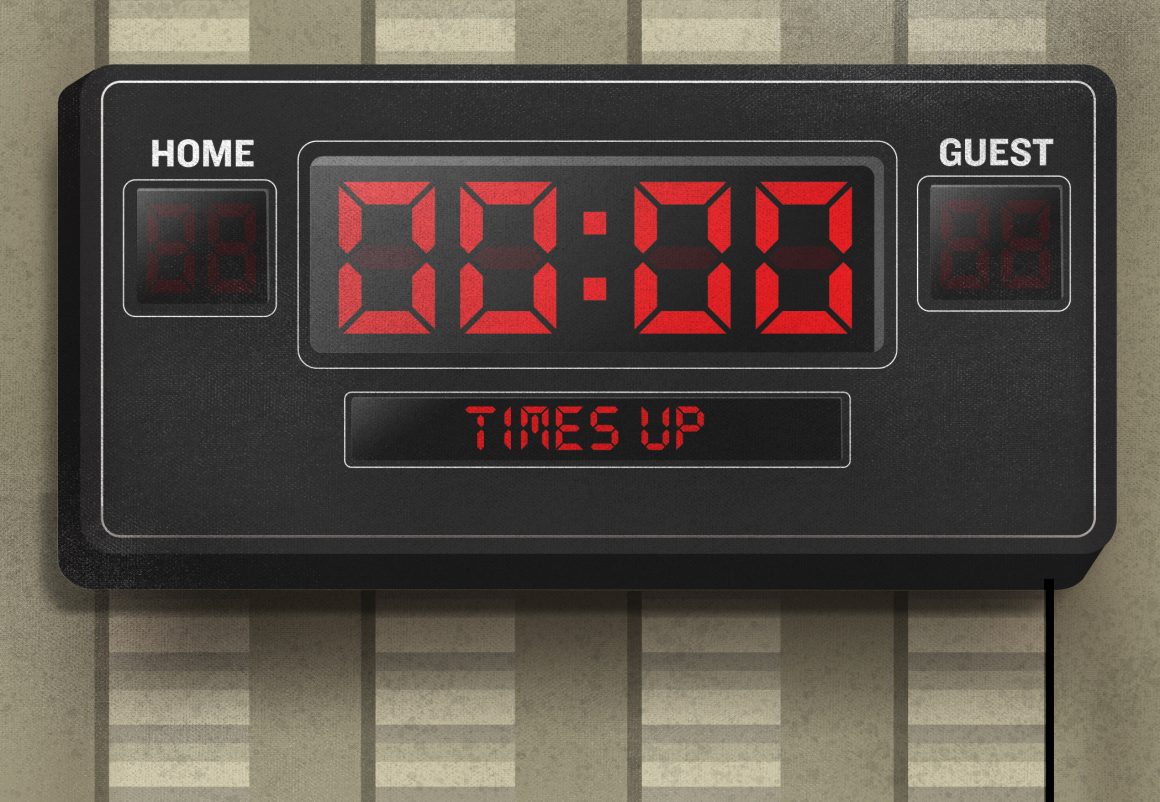
Neurauter situation reveals institutional ineptitude for dealing with sexual violence
January 17, 2018 —
2018 started off on a sour note at the University of Calgary after U of C student Connor Neurauter pled guilty and was convicted of sexual interference with a 13-year-old girl on Jan. 4. After two years of dodging court appearances amid hockey practices and academics, Neurauter was given the minimum sentence under Canadian law for his crime. His sentence was also postponed until May so that he could continue attending classes this winter at the U of C. Neurauter won’t be on campus this semester, but it seems that outcome only emerged through students’ vocal objections.
The response from the campus community was swift. Articles were shared, posters were hung and, as of press time, a petition to expel Neurater has garnered over 70,000 signatures. But most importantly, the incident has fueled conversations about the impact of this situation on future reportings of sexual assault. The powerful response from the campus community shows that time is up for offenders and such behaviour will no longer be tolerated. Despite the unfortunate circumstances under which this topic has been raised, the response is needed to demonstrate the importance of consent and the reprimandation of sexual violence on university campuses.
Of course, such passionate retaliation from students and community members wouldn’t have been necessary if not for the incredibly underwhelming and milquetoast responses from U of C administration and the Students’ Union.
While the outcome of the court case is unfair and problematic for many reasons, the complacent responses from the institutions capable of taking a stance were just as concerning. U of C vice provost Dru Marshall’s statement on behalf of the university fell flat, describing the Neurauter situation as “complicated and difficult” in an “increasingly complex world.” The seven-paragraph response was released three days after the story first broke and can be summed up as follows: the university can’t and won’t take action against the sexual offender who physically choked and blackmailed a 13-year-old girl with nude photographs and has yet to serve his sentence.
This negligence highlights flaws in the new sexual violence policy, which aims to “hold accountable individuals who have been found to have committed an act of sexual violence.” While the U of C states in their non-academic misconduct policy that they are “independent of the civil and criminal justice legal systems,” the sexual violence policy states that “university community members alleged to have perpetrated sexual violence may be subject to the university’s administrative processes and discipline systems in addition to the civil or criminal legal system.” This latter statement is not only vague, but includes no grounds to remove sexual offenders — there “may” be some punishment. So, while the university has grounds to expel a student for drinking too much in residence, the U of C allows sexual offenders to remain in school among students and staff.
This oversight can also deter others who have experienced sexual violence from coming forward for fear that the university will not take them seriously. The U of C needs to meaningfully demonstrate that survivors are cared for beyond implementing policies. The only way for the U of C to legitimize its policies is by actually enforcing them.
After observing such a powerful and nearly unanimous reaction from students regarding Neurauter, the SU — the voice of the student body — also failed to represent students’ interests. The mandate on the SU’s website states that their purpose is to be every student’s “advocate, activist, and representative and serves to protect undergraduate student interests with the university and all levels of government,” but the measly statement they released indicates a docile attitude. This is particularly upsetting from vice-president student life Hilary Jahelka, who ran for her position on a platform that emphasized consent and sexual health. She stated in the Gauntlet’s SU election supplement that her philosophy is that the role of VP student life is to be an activist. The SU failed to not only advocate for students, but also to stand up for survivors of sexual violence.
In light of the Neurauter case, there are a few things we can hope for this New Year — justice for and belief in sexual violence survivors, proper advocacy and representation from our SU, more specific and consequential action from the university and the hope that students keep the fire burning as they fight injustice.
— Nikayla Goddard, Gauntlet Editorial Board
